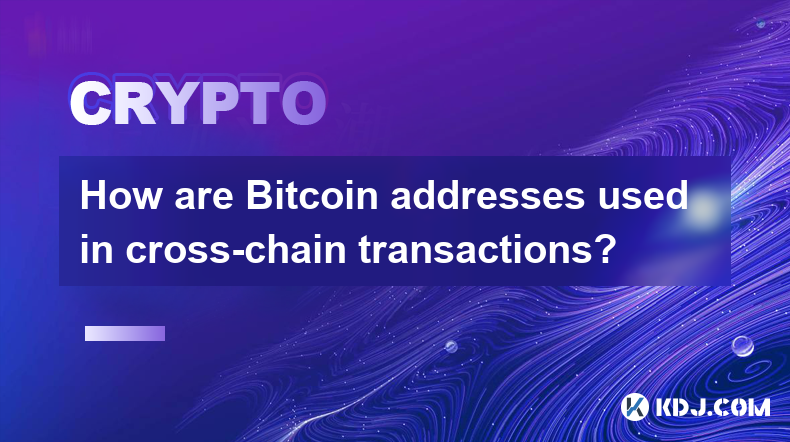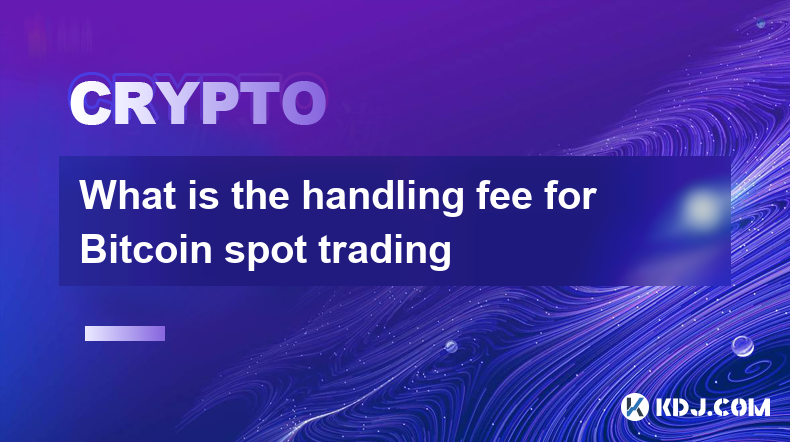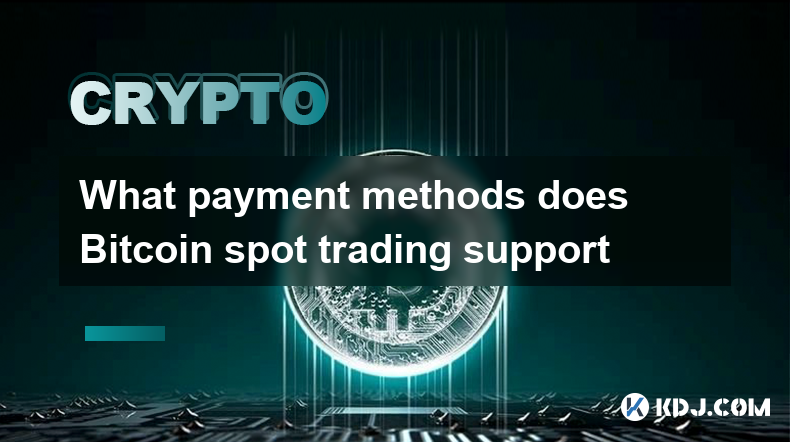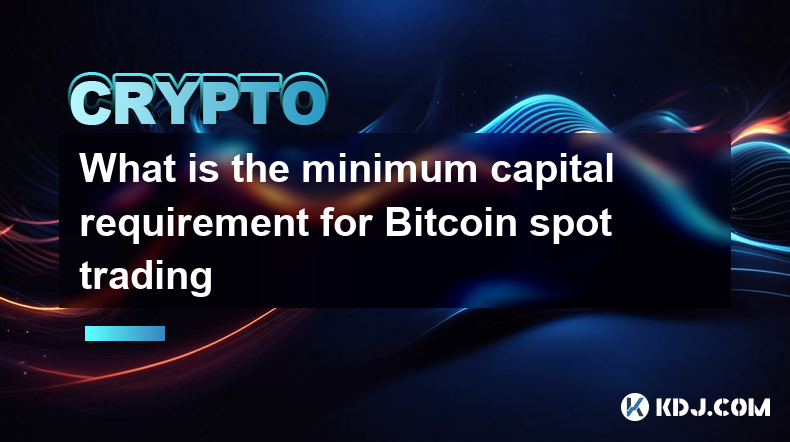-
 Bitcoin
Bitcoin $84,800.7048
2.32% -
 Ethereum
Ethereum $1,882.5584
2.87% -
 Tether USDt
Tether USDt $1.0000
0.01% -
 XRP
XRP $2.0968
-0.03% -
 BNB
BNB $603.2602
-0.62% -
 Solana
Solana $124.5532
-0.44% -
 USDC
USDC $0.9999
-0.02% -
 Dogecoin
Dogecoin $0.1707
1.90% -
 Cardano
Cardano $0.6689
0.47% -
 TRON
TRON $0.2384
0.86% -
 Toncoin
Toncoin $4.0121
-3.28% -
 Chainlink
Chainlink $13.7734
0.97% -
 UNUS SED LEO
UNUS SED LEO $9.4100
2.89% -
 Stellar
Stellar $0.2672
0.86% -
 Avalanche
Avalanche $19.2693
1.92% -
 Sui
Sui $2.3662
2.82% -
 Shiba Inu
Shiba Inu $0.0...01237
-2.05% -
 Hedera
Hedera $0.1657
1.14% -
 Polkadot
Polkadot $4.0848
0.85% -
 Litecoin
Litecoin $82.9308
-0.63% -
 MANTRA
MANTRA $6.2006
-1.38% -
 Bitcoin Cash
Bitcoin Cash $304.9806
0.27% -
 Bitget Token
Bitget Token $4.5883
-0.15% -
 Dai
Dai $1.0001
0.02% -
 Ethena USDe
Ethena USDe $0.9998
-0.01% -
 Pi
Pi $0.6918
-2.64% -
 Hyperliquid
Hyperliquid $13.0896
-1.19% -
 Monero
Monero $218.5433
0.66% -
 Uniswap
Uniswap $6.1491
2.50% -
 Aptos
Aptos $5.2452
-0.95%
How are Bitcoin addresses used in cross-chain transactions?
Bitcoin addresses are crucial in cross-chain transactions, acting as secure identifiers for locking BTC and facilitating swaps or wrapping into tokens like WBTC.
Mar 28, 2025 at 01:56 am

Understanding Bitcoin Addresses in a Cross-Chain Context
Bitcoin addresses, fundamentally, are cryptographic hashes derived from public keys. They act as identifiers for receiving Bitcoin (BTC). While seemingly simple, their role in cross-chain transactions requires a deeper understanding. Cross-chain transactions involve moving assets between different blockchains, and Bitcoin's role often involves acting as a bridge or intermediary. This necessitates careful consideration of how Bitcoin addresses are used in these complex processes.
The Role of Bitcoin Addresses in Cross-Chain Bridges
Many cross-chain bridges leverage Bitcoin addresses as a crucial component. The process often involves locking BTC on the Bitcoin blockchain and then minting equivalent value on another chain. This is commonly facilitated through smart contracts. The Bitcoin address receives the BTC to be locked, acting as a verifiable point of origin for the cross-chain transaction. This ensures that the process is transparent and auditable.
Atomic Swaps: A Direct Approach
Atomic swaps are a direct method of exchanging cryptocurrencies without relying on intermediaries. They utilize a cryptographic technique called Hash Time-Locked Contracts (HTLCs). In a Bitcoin-involved atomic swap, the Bitcoin address plays a vital role in receiving and releasing funds contingent on the successful execution of the swap on the other blockchain. If the swap fails, the funds are returned to their original sender. This method eliminates the need for a centralized exchange or custodian.
Wrapped Bitcoin (WBTC) and Similar Tokens
Wrapped Bitcoin, such as WBTC, represents a tokenized version of Bitcoin on another blockchain, typically Ethereum. The process involves locking BTC into a smart contract on the Bitcoin blockchain, and receiving an equivalent amount of WBTC on the Ethereum blockchain. The Bitcoin address is used to deposit the BTC to be wrapped. This allows for the use of Bitcoin within the Ethereum ecosystem and other compatible chains, unlocking greater interoperability.
Using Bitcoin Addresses for Cross-Chain Security
Security is paramount in cross-chain transactions. The use of Bitcoin addresses contributes to the security by providing a verifiable record of the transaction. The transaction history on the Bitcoin blockchain can be publicly viewed, allowing users to track the movement of funds. This transparency adds a layer of security and accountability to the entire process. However, it's crucial to use secure addresses and adhere to best practices to prevent theft or loss of funds.
Step-by-Step Example: Locking BTC for Wrapped Bitcoin (WBTC)
Here's a simplified breakdown of how a Bitcoin address is used in creating Wrapped Bitcoin:
- Step 1: A user sends BTC to a specific Bitcoin address controlled by the WBTC smart contract. This address is publicly known and verified.
- Step 2: The smart contract on the Bitcoin blockchain verifies the receipt of the BTC.
- Step 3: Upon verification, an equivalent amount of WBTC is minted and sent to the user's Ethereum address.
- Step 4: The user now holds WBTC on the Ethereum blockchain, representing their locked BTC on the Bitcoin blockchain.
Challenges and Considerations
While Bitcoin addresses facilitate cross-chain transactions, challenges exist. These include the speed and cost of transactions on the Bitcoin network. High transaction fees can make cross-chain operations expensive. Furthermore, the complexity of the underlying technology can be daunting for less technically savvy users. Security remains a critical concern, requiring users to be vigilant against scams and malicious actors.
Frequently Asked Questions
Q: Are Bitcoin addresses reusable?
A: Yes, Bitcoin addresses can be reused, but it's generally recommended to use a fresh address for each transaction to enhance privacy and security. Reusing addresses can reveal information about your transactions.
Q: What happens if I send BTC to the wrong Bitcoin address during a cross-chain transaction?
A: Sending BTC to the wrong address can result in irreversible loss of funds. Double-check the address carefully before initiating any transaction. There is no way to recover funds sent to an incorrect address on the Bitcoin blockchain.
Q: How can I ensure the security of my Bitcoin address during cross-chain transactions?
A: Use reputable and well-audited cross-chain bridges. Always verify the address multiple times before sending funds. Employ strong security practices such as using a hardware wallet and enabling two-factor authentication. Be wary of phishing scams and avoid sharing your private keys.
Q: What are the advantages of using Bitcoin addresses in cross-chain transactions?
A: Bitcoin addresses provide a transparent and auditable mechanism for tracking the movement of funds. They offer a level of security and verifiability that enhances trust in cross-chain operations. The immutability of the Bitcoin blockchain adds another layer of security to the process.
Q: Are all cross-chain bridges using Bitcoin addresses?
A: While many bridges use Bitcoin addresses, especially those involving BTC as the underlying asset, not all cross-chain bridges operate this way. Some bridges employ different mechanisms depending on the specific blockchains and assets involved. The choice of mechanism depends on factors like scalability and security considerations.
Disclaimer:info@kdj.com
The information provided is not trading advice. kdj.com does not assume any responsibility for any investments made based on the information provided in this article. Cryptocurrencies are highly volatile and it is highly recommended that you invest with caution after thorough research!
If you believe that the content used on this website infringes your copyright, please contact us immediately (info@kdj.com) and we will delete it promptly.
- Mastercard Launches Multi-Token Network (MTN) to Connect Traditional Finance and Digital Assets
- 2025-04-02 10:35:12
- LCX is set to participate in the Paris Blockchain Week, which commences on April 8th in Paris.
- 2025-04-02 10:35:12
- FIO Protocol's head of marketing, Marie Grig, will participate in Paris Blockchain Week
- 2025-04-02 10:30:12
- DTX Exchange (DTX) Token Price Prediction: Will the DTX Presale Ever End?
- 2025-04-02 10:30:12
- Binance's Routine Contract Rule Adjustment Accidentally Exposed the Most Vulnerable Pimple in the Crypto Market
- 2025-04-02 10:25:12
- 3 To 6 Months Old Bitcoin Buyers Have Been Holding Strong Recently, Showing Conviction Not Capitulation
- 2025-04-02 10:25:12
Related knowledge

What is the time limit for Bitcoin spot trading
Mar 30,2025 at 10:43am
? There's no single, universally applicable 'time limit' for Bitcoin spot trading. Unlike futures contracts which have defined expiration dates, spot trading involves the immediate exchange of Bitcoin for fiat currency (or vice versa). The transaction is executed almost instantly, pending confirmation on the Bitcoin blockchain. However, several factors ...

Does Bitcoin spot trading require identity verification
Mar 31,2025 at 06:08am
? Understanding KYC/AML Regulations in Crypto ExchangesThe question of whether Bitcoin spot trading requires identity verification hinges largely on the exchange you're using. There's no universal requirement for identity verification to trade Bitcoin spot. However, most reputable and larger exchanges operating globally implement Know Your Customer (KYC...

What is the handling fee for Bitcoin spot trading
Apr 02,2025 at 12:28am
? Understanding Bitcoin Spot Trading FeesBitcoin spot trading involves the immediate exchange of Bitcoin for another currency, typically fiat money like USD or another cryptocurrency. Unlike futures or derivatives trading, spot trading executes the transaction at the current market price. The handling fee, therefore, covers the services provided by the ...

What payment methods does Bitcoin spot trading support
Mar 30,2025 at 12:43pm
? Understanding Bitcoin Spot Trading Payment MethodsBitcoin spot trading refers to the immediate exchange of Bitcoin (BTC) for another currency, typically fiat money like USD, EUR, or another cryptocurrency. Unlike futures or derivatives trading, spot trading involves the actual transfer of Bitcoin at the current market price. The payment methods accept...

What is the minimum capital requirement for Bitcoin spot trading
Apr 01,2025 at 06:50pm
? Understanding Bitcoin Spot Trading and Capital RequirementsBitcoin spot trading refers to the immediate exchange of Bitcoin for another currency, typically fiat money like USD or another cryptocurrency. Unlike futures or derivatives trading, spot trading involves the actual ownership of Bitcoin at the moment of the transaction. There's no speculation ...

How to open a Bitcoin spot trading account
Mar 29,2025 at 12:43pm
Choosing the Right ExchangeOpening a Bitcoin spot trading account involves selecting a reputable cryptocurrency exchange. Several factors are crucial here. Consider the exchange's security features – look for two-factor authentication (2FA) and robust security protocols. Examine trading fees, as these can significantly impact your profits. Check the av...

What is the time limit for Bitcoin spot trading
Mar 30,2025 at 10:43am
? There's no single, universally applicable 'time limit' for Bitcoin spot trading. Unlike futures contracts which have defined expiration dates, spot trading involves the immediate exchange of Bitcoin for fiat currency (or vice versa). The transaction is executed almost instantly, pending confirmation on the Bitcoin blockchain. However, several factors ...

Does Bitcoin spot trading require identity verification
Mar 31,2025 at 06:08am
? Understanding KYC/AML Regulations in Crypto ExchangesThe question of whether Bitcoin spot trading requires identity verification hinges largely on the exchange you're using. There's no universal requirement for identity verification to trade Bitcoin spot. However, most reputable and larger exchanges operating globally implement Know Your Customer (KYC...

What is the handling fee for Bitcoin spot trading
Apr 02,2025 at 12:28am
? Understanding Bitcoin Spot Trading FeesBitcoin spot trading involves the immediate exchange of Bitcoin for another currency, typically fiat money like USD or another cryptocurrency. Unlike futures or derivatives trading, spot trading executes the transaction at the current market price. The handling fee, therefore, covers the services provided by the ...

What payment methods does Bitcoin spot trading support
Mar 30,2025 at 12:43pm
? Understanding Bitcoin Spot Trading Payment MethodsBitcoin spot trading refers to the immediate exchange of Bitcoin (BTC) for another currency, typically fiat money like USD, EUR, or another cryptocurrency. Unlike futures or derivatives trading, spot trading involves the actual transfer of Bitcoin at the current market price. The payment methods accept...

What is the minimum capital requirement for Bitcoin spot trading
Apr 01,2025 at 06:50pm
? Understanding Bitcoin Spot Trading and Capital RequirementsBitcoin spot trading refers to the immediate exchange of Bitcoin for another currency, typically fiat money like USD or another cryptocurrency. Unlike futures or derivatives trading, spot trading involves the actual ownership of Bitcoin at the moment of the transaction. There's no speculation ...

How to open a Bitcoin spot trading account
Mar 29,2025 at 12:43pm
Choosing the Right ExchangeOpening a Bitcoin spot trading account involves selecting a reputable cryptocurrency exchange. Several factors are crucial here. Consider the exchange's security features – look for two-factor authentication (2FA) and robust security protocols. Examine trading fees, as these can significantly impact your profits. Check the av...
See all articles























































































